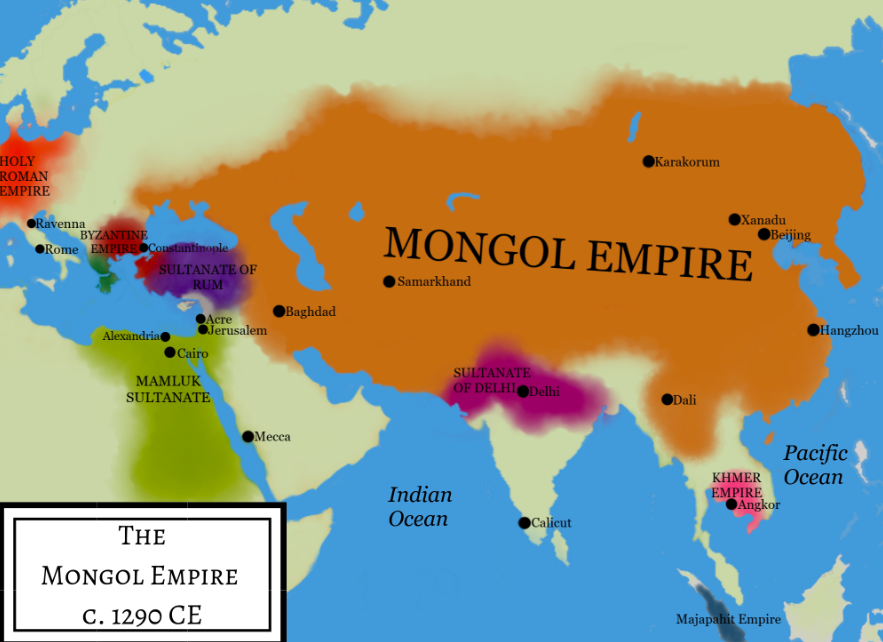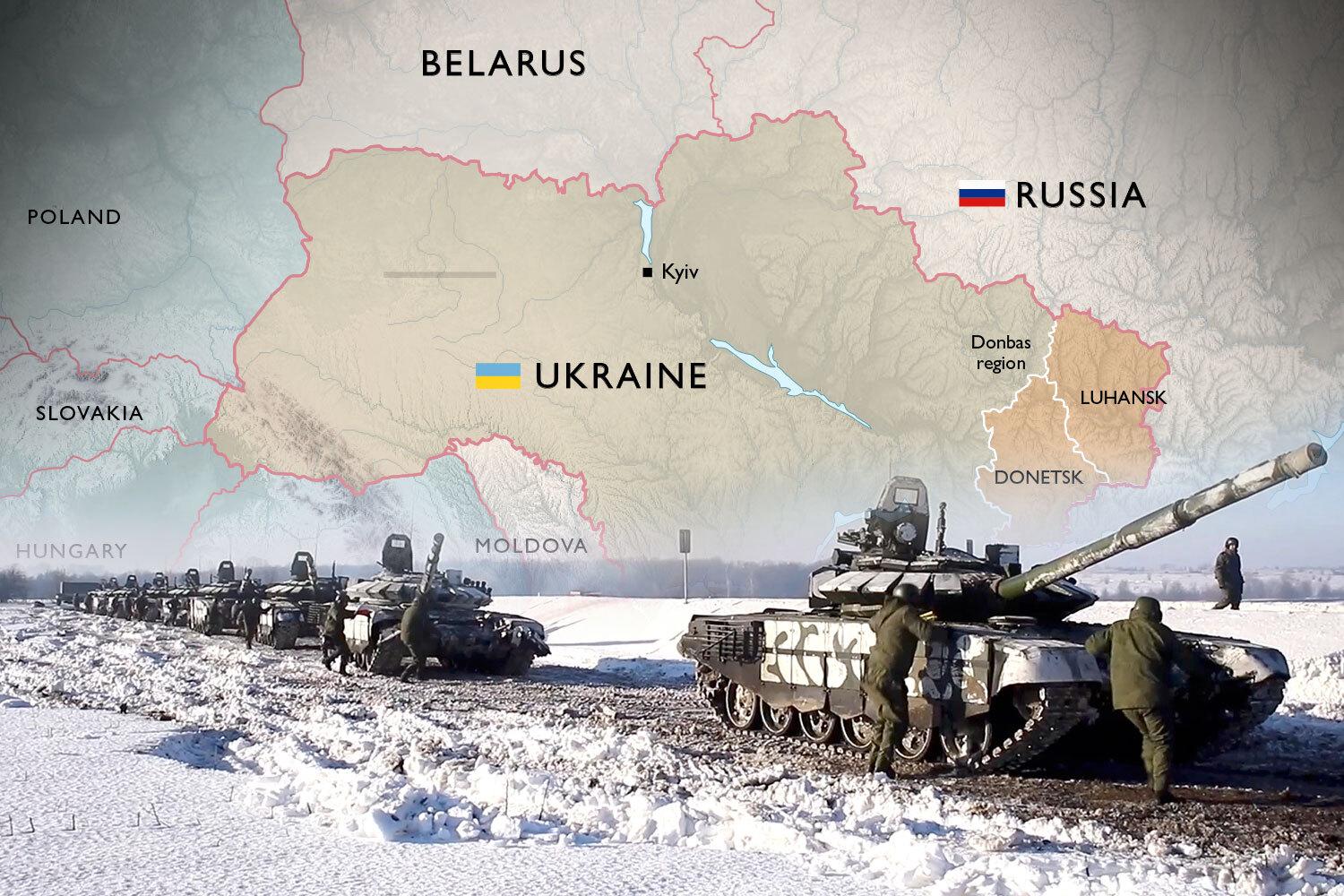China News 18th October 2022
In our news story this week, a professor in international relations at Sichuan university gives an interesting and plausible summary of Russia’s past and predicts its future.
The history of the rise of the Russian Empire is very similar to the history of the rise of the Mongol Empire. After the collapse of the Soviet Union, Russia seemed to have undergone a democratic transformation, but it did not form a benign commercial and industrial ecology. This has led to Russia's lack of capital and motivation for sustainable development and innovation.
The Russo-Ukrainian War shows that the Mongolian-Russian style of empire has come to an end. Through Putin's efforts and marked by the Russo-Ukraine War, Russia has finally regressed from a second-class country to a third-rate ordinary country. It will permanently lose its status as a great power. History gives many opportunities, but it will not give them again and again.
Russia is no exception.
Some people say that Russia is at war with Ukraine because Putin was blinded by the wrong information of the intelligence department. This is not the root cause. The root cause is that in an era of great change, with technology as the most important driving force of world change, the conditions for the existence of a Mongolian-Russian style of Empire have been lost, so it will inevitably decline.
I. What is Mongolia-Russian Empire?
Which country in history is Russia most like? It is the Mongol Empire. The "Mongolia-Russian Empire" is a conquering and predatory empire maintained by violence. It has three characteristics: first, violence as a normal means of settling international disputes. In political or social governance, violence is common and sometimes necessary. In ancient society, the rule of violence was limited, but the modern democratic system of the rule of law made violence more and more regular. That is, there are rules, that affect international relations. Second, is the goal of conquering each other. Third, predatory, that is, plundering the wealth of other countries as a conventional means to increase the aggressor’s wealth.

II. Understand the history of violence and cultural genes of the Mongolian-Russian style of Empire from the geographical perspective
This type of empire is derived from authoritarian politics. But why are such empires more violent and predatory than other ancient empires of the same political form (such as the ancient Chinese Empire)? This can be partially explained from Mongolia's ‘genes’ and the history and culture derived therefrom. Discover the cultural genes and we can predict the future.
First, the ancient Mongolians lacked commercial awareness and so had no tradition of solving problems by commercial means. Commercial awareness means you can obtain what you need from each other through peaceful negotiations. As nomads, Mongolian people were too homogeneous, so commodity trading was very inactive. As an example today, the Tibetan area is vast and sparsely populated. Most families have dozens of yaks and other livestock, and the absolute output is sufficient. The problem is that every family has yaks, and commerce is very underdeveloped, which makes it difficult to sell yaks or sell them at a reasonable price. Thus, it is difficult to exchange yaks for other products. Therefore, commodity trading in Tibet is very weak and generates poverty. The status of Mongolians is the same. The lack of commodity trading leads to the lack of business concepts and further leads to a lack of awareness of solving problems by commercial means.
Second, this style of empire used violent conquest for a long time and on a large scale. It was used to solving problems with violence. In the process of the formation, rise and expansion of the Mongolian people, looting, killing, slaughtering and genocide were common. In ancient times, the rule of law and democracy did not exist, and extreme violence was common. Successes of kings and bandits were the prevailing goals at that time. As the Athenians declared in the Peloponnesian War:
The weak should submit to the strong, which has always been a universal law.
Third, the Mongolian empire lacked a standardized and systematic culture. Until the establishment of the Mongol Empire, Mongolia did not even have its own words or rules and regulations unlike the Chinese people.
The combination of these traits made the Mongols regard violence (especially irregular violence) as a near-natural and a conventional means to solve problems.
The history of the rise of the Russian follows the rise of the Mongol Empire. After ancient Russia was conquered by Mongolia, its submission and rise was a history of war. Although Russia also learned from the West, it only learned the surface. Before the founding of the Soviet Union, Russia did not cultivate business and was still blindly plundering and conquering. In the Soviet era, business was even more suppressed. There has never been a business spirit in the cultural genes of Russia.
The Russian Empire is the modern version of the Mongol Empire.

III. Conditions for the emergence and dissolution of the Mongolian-Russian Empire
Large-scale violence can be successful in the short term. In ancient times, there was almost no difference in technology, and manpower could be easily converted into troops. However, in modern times, technology is the most important aspect of combat effectiveness. It is difficult for a low-tech country to acquire high technology in the short term to form advanced combat capability. Secondly, there are more moral restrictions on violence. If a country conquers and plunders by violence, it will not only be morally condemned by the international community, but also subject to various sanctions, affecting the country's military, economic, technological, and other development. At present, the international community's sanctions against Russia have confirmed this.
Looking back, during the Gulf War in 1991, there was already a generation difference between Soviet science and technology and weapons. After the collapse of the Soviet Union, Russia seemed to have undergone a democratic transformation, but due to historical inertia, cultural genes, and so on, it did not form a benign commercial and industrial ecology.
In addition, obtaining information is different between ancient and modern times. In ancient times, it was very easy to find manpower to destabilise the enemy, especially within different ethnic groups. Therefore, it is difficult for different ethnic groups to understand each other and obtain military intelligence. In modern times, the strength of the country is not easy to hide. Although some confidential technologies and intelligence are still difficult to obtain, the basic situation is not difficult to understand. Through satellites and other detection methods, the other party's facilities can be understood.
Global communication means that even ordinary people in Germany and the USA can deduce that their scientific and technological strength is very strong. This means that in modern times, hegemonic countries can grasp the dynamics of emerging countries fast, and when there are threats, they can crack down on emerging countries quickly, hindering their rise.
In short, the modern technology and international moral norms provide an unfavourable environment that leads inevitably to the downfall of the Mongolian-Russian style of empire. Similar empires are unlikely to regenerate because they lack the commercial and cultural background and history to compete.
Author: Deng Xize, Professor and Doctoral Tutor, School of International Relations, Sichuan University
Source: hk01.com.
Worked on the article:

Wanlikhang





